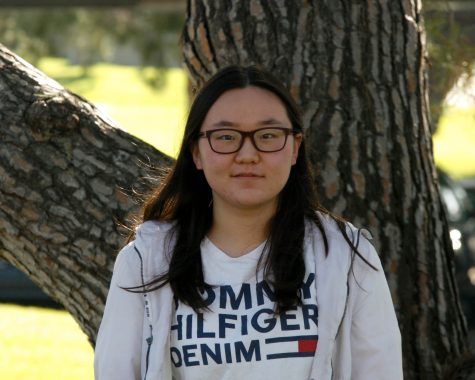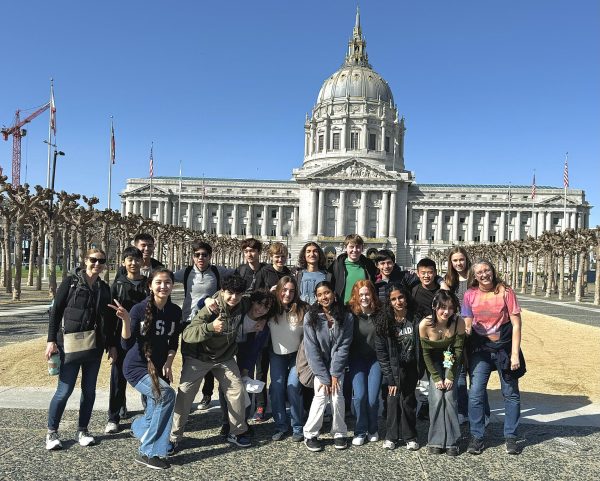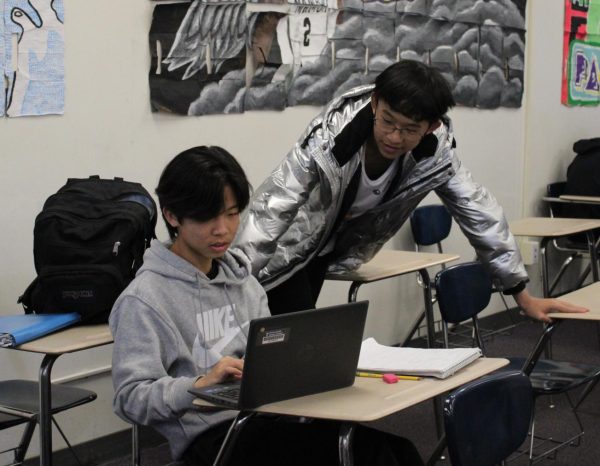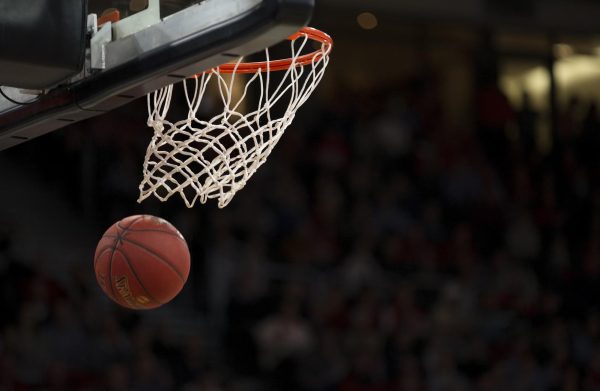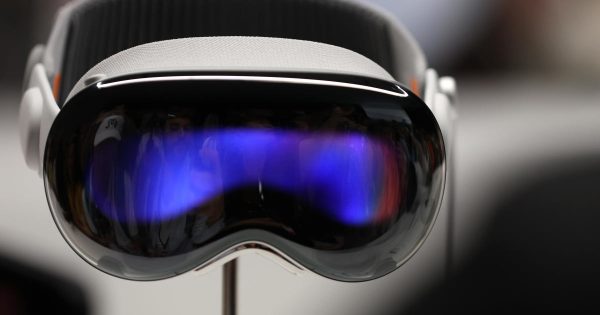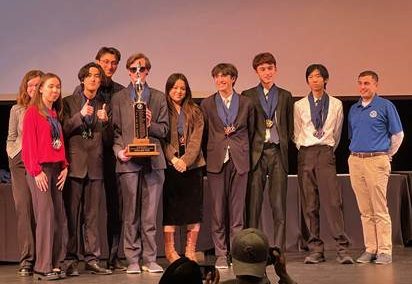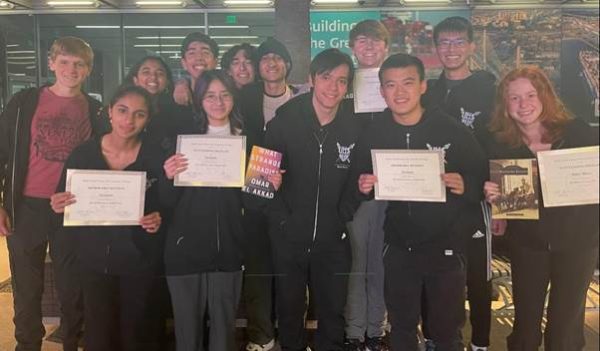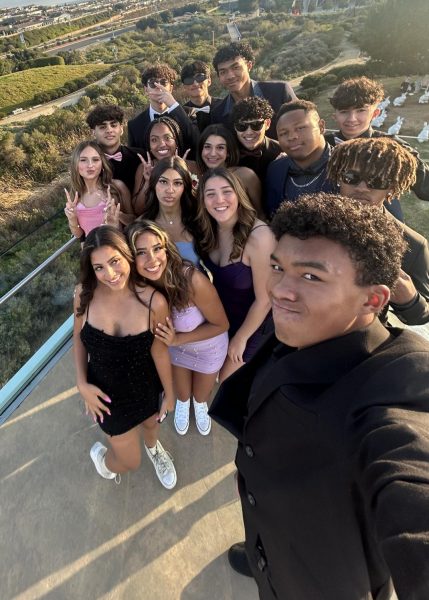Speech & Debate Competes at First Online Tournament
January 4, 2021
The Speech & Debate club competed in its first ever online tournament in the Orange County Speech League (OCSL) Fall Open Tournament on November 14 and 15, with debate and speech events happening on each respective day.
The OCSL tournament is a local tournament that involves both public and private high schools across Orange County. Many popular speech and debate formats were offered including policy debate, such as policy debate, parliamentary debate, student congress debate, public forum debate and impromptu speaking.
To cope with state and local guidelines for preventing the spread of COVID-19, OCSL transitioned the in-person speech and debate tournament from schools to virtual platforms. All OCSL tournament sessions were carried out on Tabroom, an online platform for debate tournament management.
Despite the change of debate platforms, UHS students achieved commendable accomplishments in the tournament.
In Policy Debate, freshman Maximillian Bartuls and freshman Barry Huang won second place. In Parliamentary Debate, sophomore Daisy Wong and junior Amir Derakhshan won second place. Helina Shojaei, Akshita Tripathi, Ruija Wang, Samuel Wang, Spencer Lee, and Ella Huang also placed in their respective competition categories.
The online tournament created various problems for debate teams to tackle. For example, less debaters are willing to participate in the tournament because of the new virtual format.
“There are definitely some difficulties regarding this year’s tournament because many people still aren’t adjusted to the virtual debate format,” senior Sophia Liang, co-president of Speech & Debate club, said. “Thus, people are less inclined to compete.”
Other technical issues, such as the instability of network connections, posed challenges to debate teams as well.
“The difficulty with virtual tournaments is definitely the internet access, which might be difficult for some people,” senior Victoria Cheng, co-president of Speech & Debate club, said. “Sometimes they lag during rounds and it’s really hard to listen to each other’s debate.”
Moreover, coordinating debate participants became difficult due to the lack of in-person communication between club members.
“We rely heavily on online communication, which can often be a problem to get the information out to everyone,” Liang said.
However, the Speech & Debate club was able to minimize the impact of these problems by tracking tournament participation in a systematic manner.
“We are trying our best to provide sufficient tournament opportunities to all debaters.” Liang said. “If we are going to tournaments as a school, we sign up each individual who wants to participate in the tournament. This way, if they don’t show up, they will be marked absent in the tournament and we will know.”
Even though this year’s tournament was online, it was similar to past tournaments with regard to scheduling. The move to an online platform also did not affect debate procedures.
Slight changes to debate outcomes were made on a round-by-round basis. Judges could be present during live debate rounds or they could rule based upon debate recordings.
As the debate teams are starting to adjust to the online format, they are getting prepared to participate in national tournaments later this school year. The transition to online debate hopes to make national circuit tournaments more accessible to all club members.
“A benefit of having online tournaments is that now our school can go to tournaments that we usually couldn’t afford because of budget issues,” Cheng said. “A lot of us are going to tournaments [previously] hosted in Texas, New York and Illinois.”
Despite the challenges posed by the club’s first online competition, the experience was largely positive.
“Overall, it was a great tournament experience,” Cheng said. “The club is excited to continue performing well at future tournaments, whether in person or online


